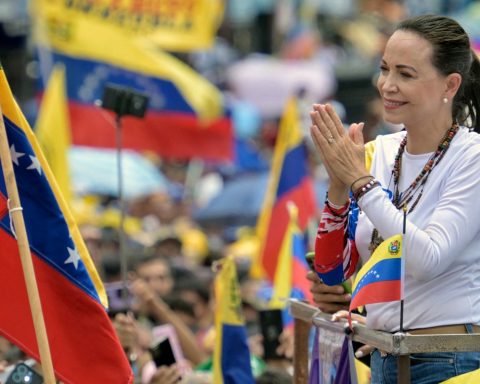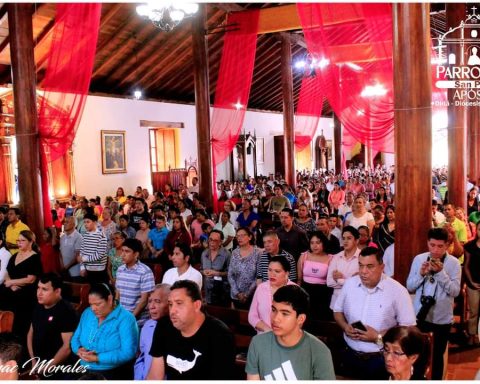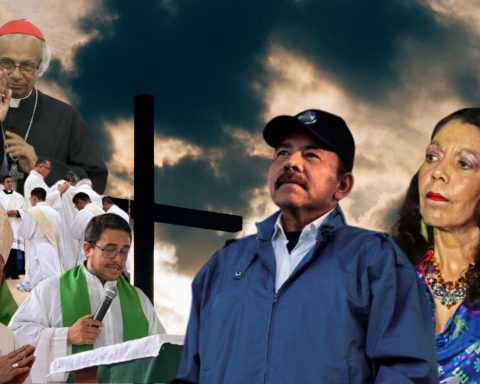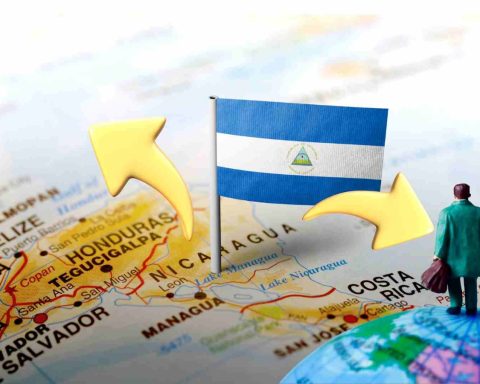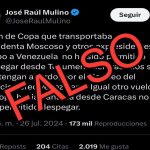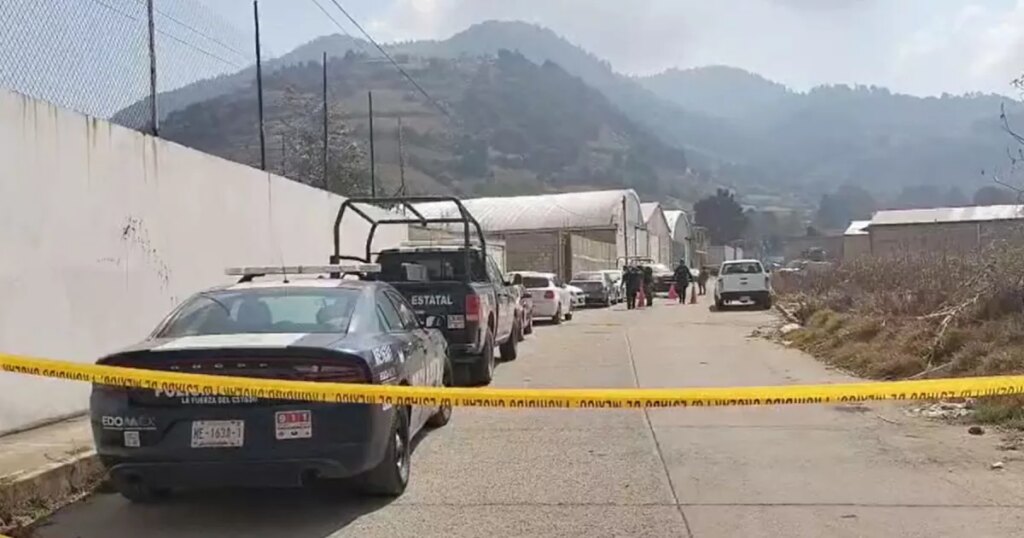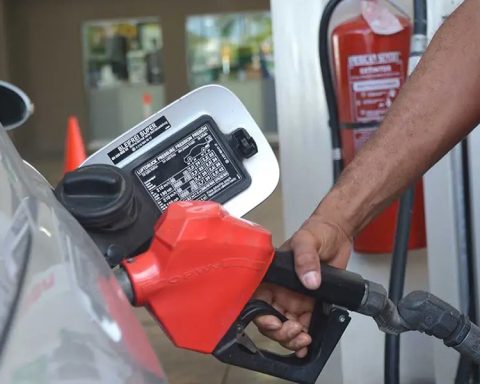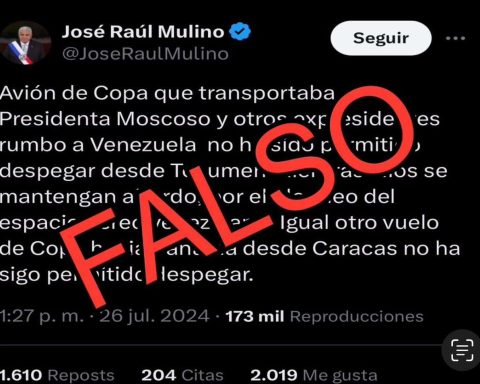The 2022 municipal votes that ended with the Daniel Ortega regime controlling 100% of the mayoralties—153 throughout the country—turned Nicaragua “effectively into a one-party state,” says the most recent report by the Intelligence Unit of The Economist (EIU) magazine.
The prestigious publication highlighted the elimination of the opposition candidates, carried out before the local vote last November, which highlights the “strict control that the Sandinista National Liberation Front (FSLN) will exercise over the political system in the coming years.” added.
On January 10, the Supreme Electoral Council (CSE) swore in the mayors, deputy mayors and councilors of the 153 municipalities in the country in an act presided over by by Sandinista magistrate Brenda Rocha, president of the court.
Thus, the authorities put an end to the assault on local power by the FSLN in Nicaragua, marked by a series of abuses and the coercion of citizens to participate in a day considered an electoral farce by independent organizations.
Since Daniel Ortega began his second stage as head of the executive in January 2007, the State authorities have used the municipal transfers In the case of the opposition mayors, they have manipulated the councils to impose their decisions or, in the worst case, they used the Police to overthrow mayors, as happened in five municipalities intervened in July 2022, four months after the voting.
On the other hand, the members of the FSLN were offered the possibility of continuing in power. According to a report from CONFIDENTIALpublished on September 15, 2022, the ruling party recycled 118 mayoral candidates.
The Ortega-Murillo dictatorship
The EIU said months ago in another report that the country descended into a dictatorship in 2021, after the presidential vote, in which Ortega and Rosario Murillo were re-elected in another process without electoral competition and done under the shadow of the imprisonment of more than 40 political, economic and social leaders.
In Nicaragua there are currently 235 prisoners of conscience, to whom Ortega recently denied the possibility of their release, after he accused them of “coup plotters.” He said that they would not settle the damage caused even by imposing “life imprisonment.”
According to the analysis, Ortega and Murillo will reinforce their absolute control over state institutions and security forces in order to cement their “dynastic authoritarian regime.” Again they tried to address the idea that the presidential family has about power.
While they assure that, with Murillo as vice president, the succession in power was guaranteed. The same document recalls the role of the son of the ruling couple, Laureano Ortega Murillo. “HHe has assumed more political responsibilities in recent years, possibly paving the way for dynastic succession,” he asserts.
Regarding the security situation, the EIU indicates that the increase in repression since 2018 also caused an increase in the migration of Nicaraguans abroad. He mentioned the closure of non-governmental organizations at the hands of the Ministry of the Interior (Migob), all as part of a government strategy that dealt a blow to civil society and aims to eliminate possible sources of resistance to “entrench themselves in power indefinitely,” the document stated.
“Mediocre” growth will be 1.8% of GDP in 2023
According to this forecast, Nicaragua has a small and open economy, an economic outlook in which they project a growth of 1.8% in 2023 and a mediocre average growth of 2% per year in 2023-27”, while they assure that inflationary pressures will continue to be considerable.
“In our view, growth will remain fairly subdued over the medium term, reflecting Nicaragua’s limited access to external financing, its poor business environment, and weak trust in the rule of law. Consequently, we expect real GDP growth to average 2% per year in 2023-27. There are significant upside and downside risks to the outlook, which depend on the degree of Chinese cooperation,” they said.
Nicaragua will face a challenging external environment in the short term, due to high oil prices and the financial requirements for the authorities will not be easy either, “since the multilaterals will reduce their debt disbursements and the US foreign investment partners. its exposure to Nicaragua, due to the latent risk of secondary sanctions”.
Trapped in this situation, Ortega is looking for new sources of financing in China, the Asian giant with which he established diplomatic relations after breaking with Taiwan in December 2021. He tried to survive international isolation, self-imposed after complaints that he was committing violations to human rights.
For the EIU, it is possible that the Chinese investment desired by the ruler “to fill the void left by multilateral and bilateral sources” will take place. That would be possible given that it seems logical to think that the Asians are willing to cover the necessary funds for Nicaragua, being a country that they consider an ally. In another part of the document, it is warned that if the policy with China is disappointing, a “contractive” fiscal policy can be expected in the nation.
